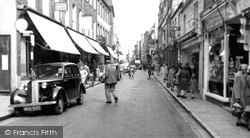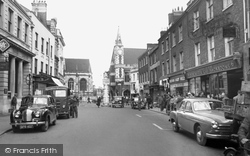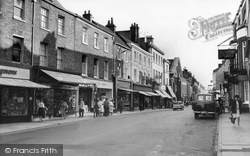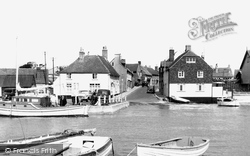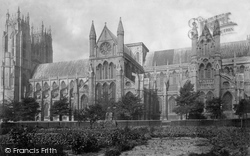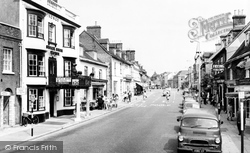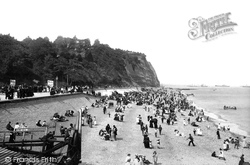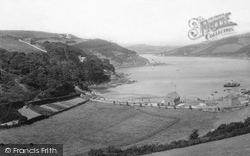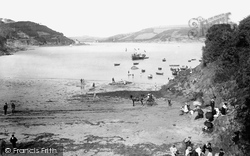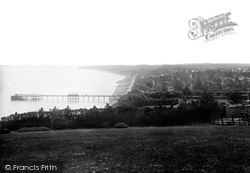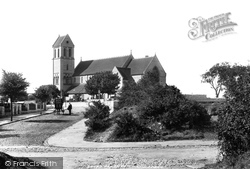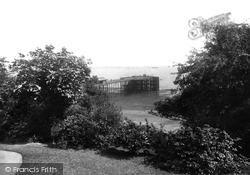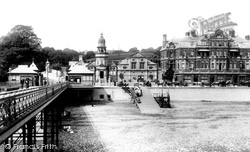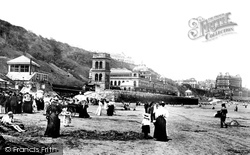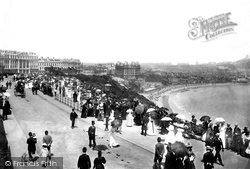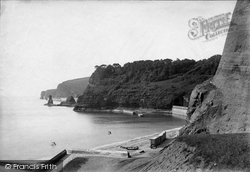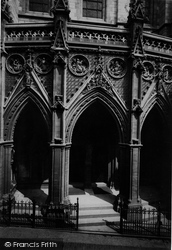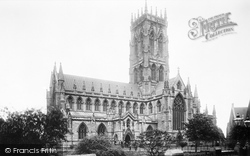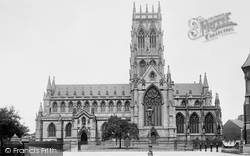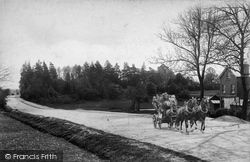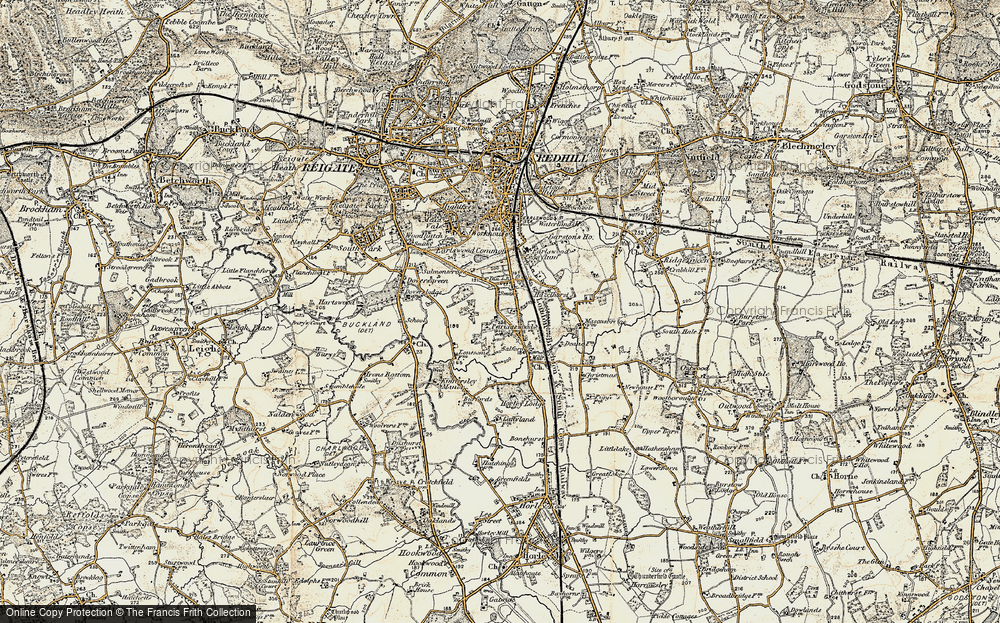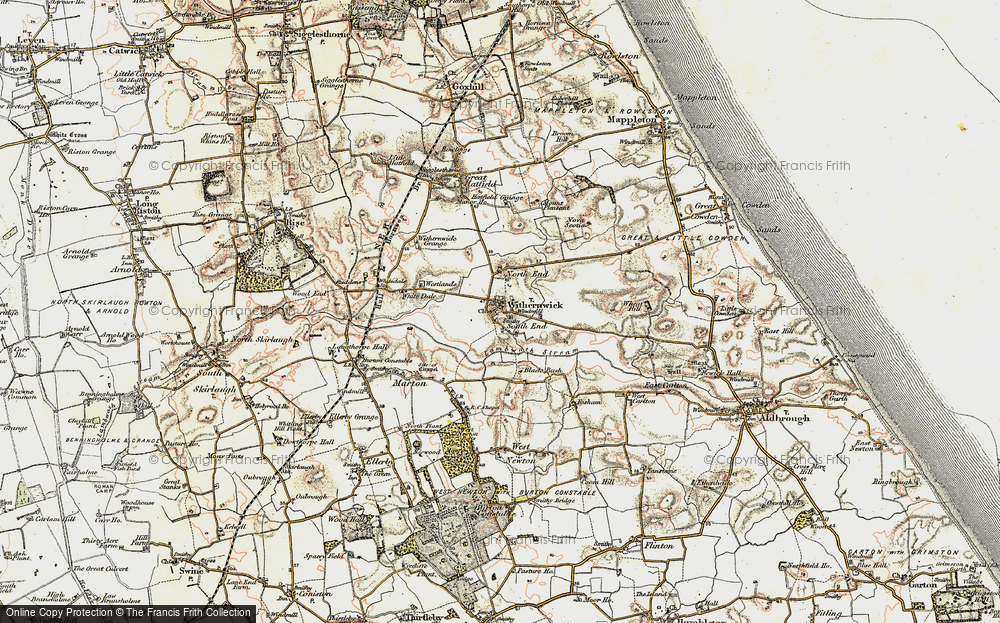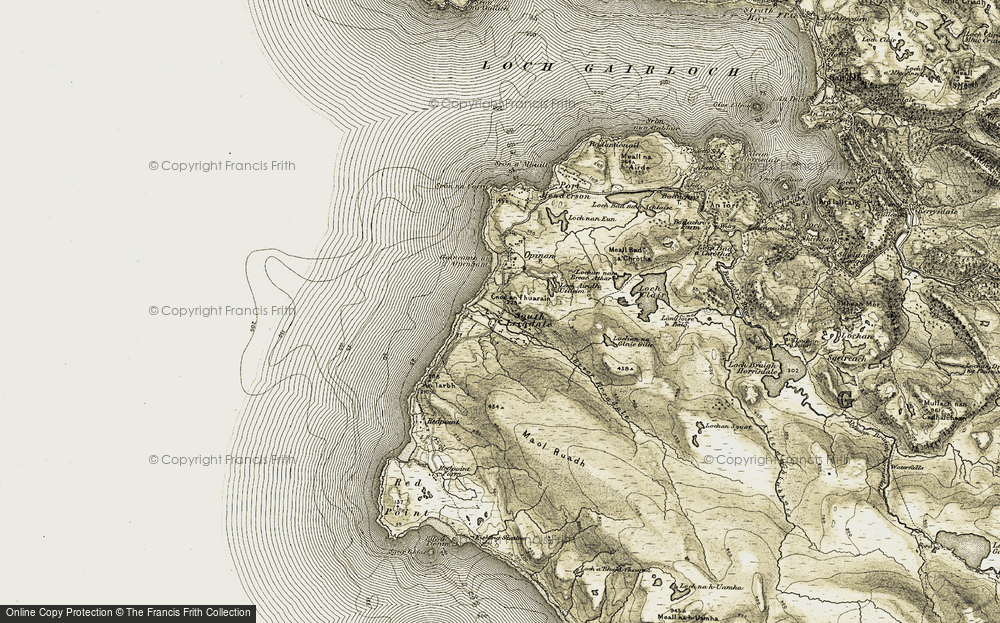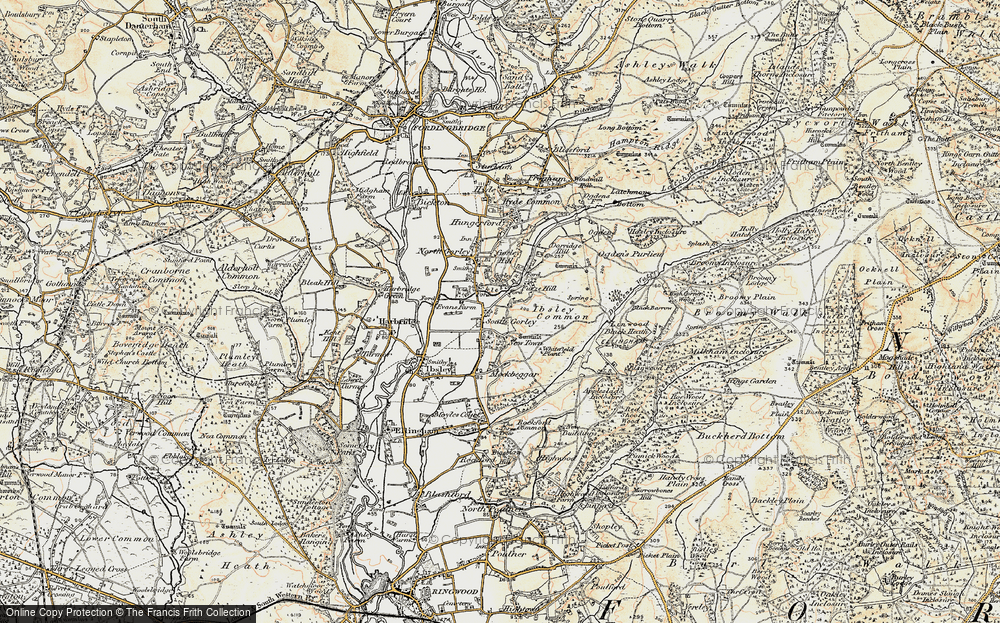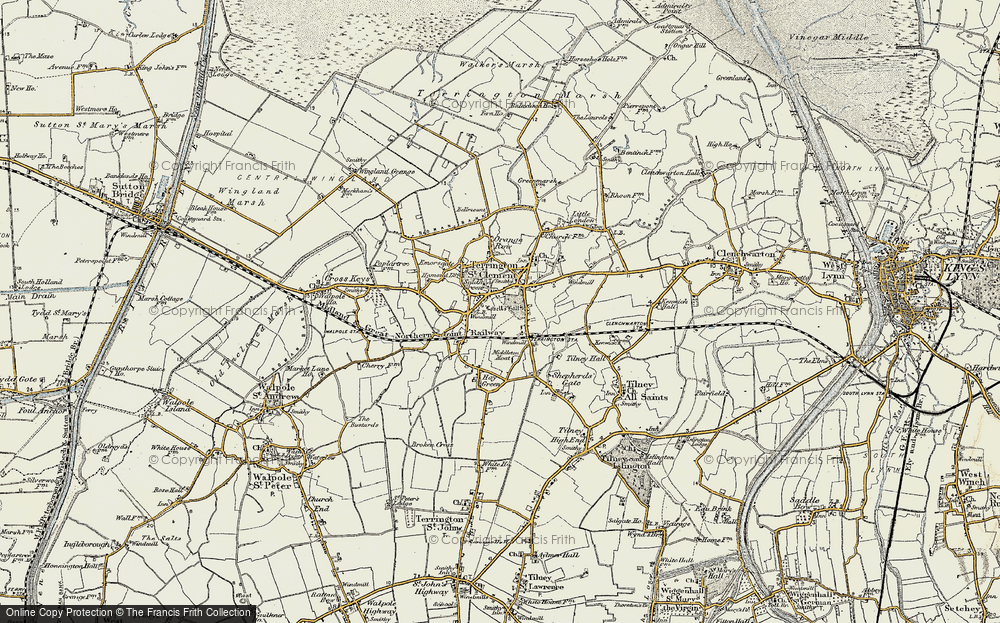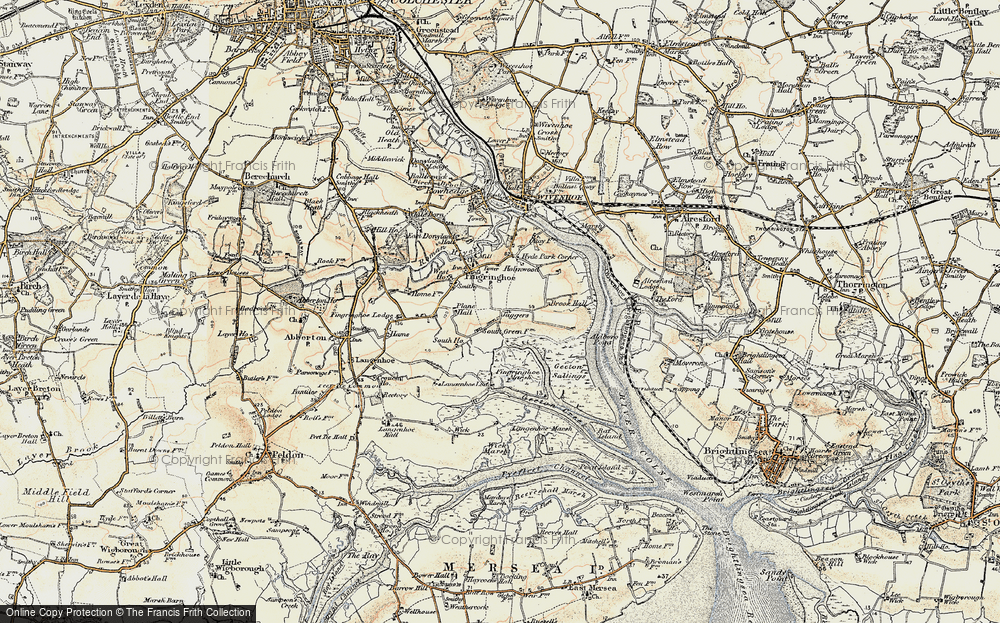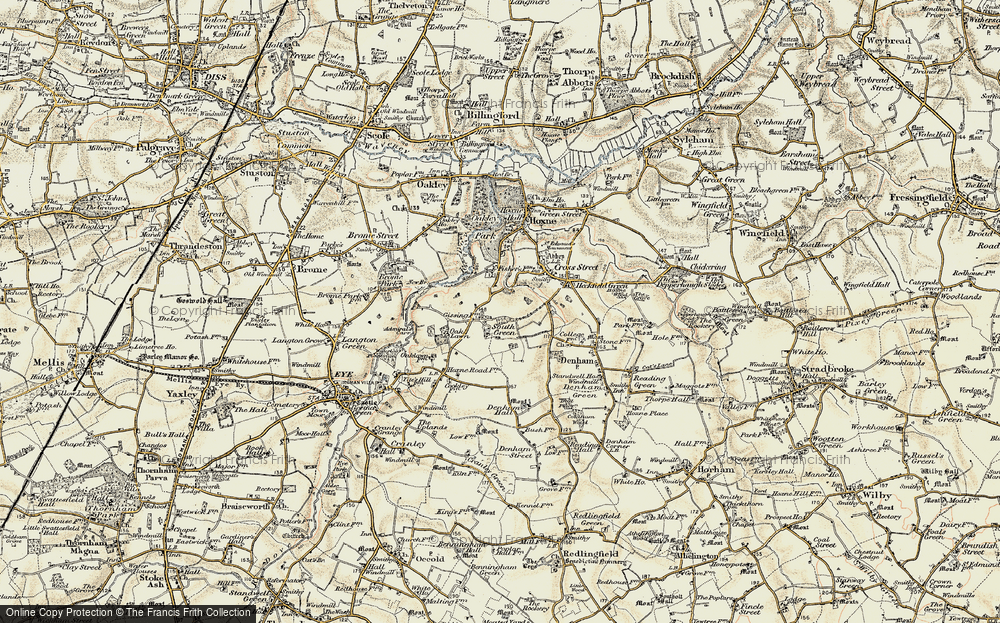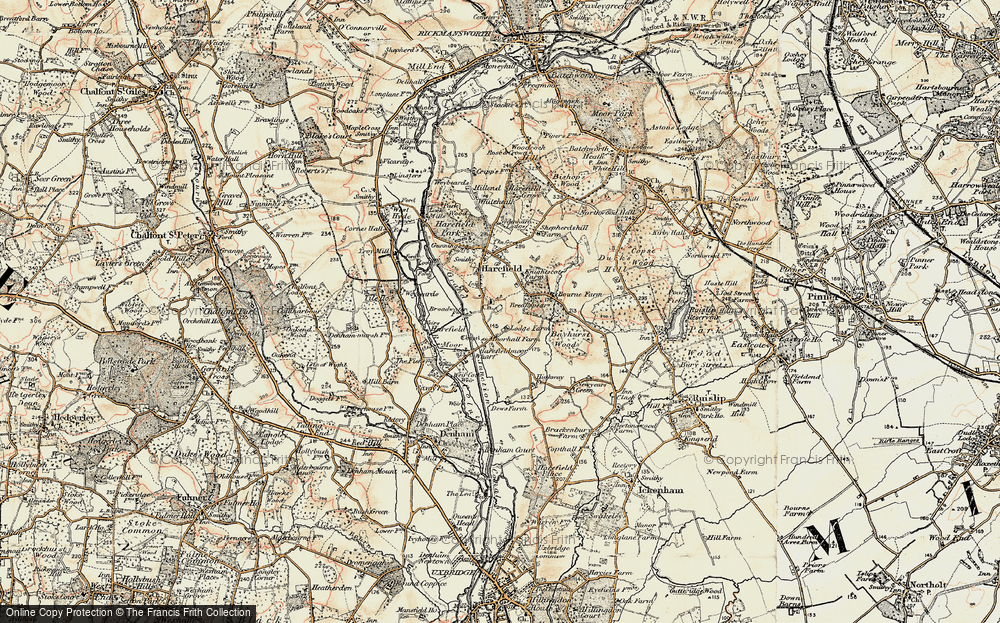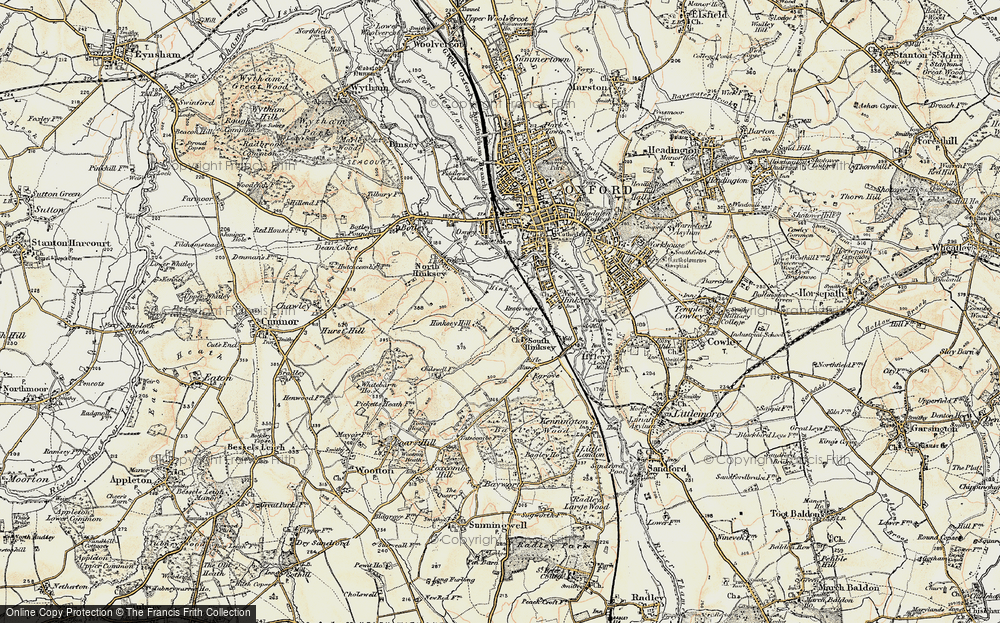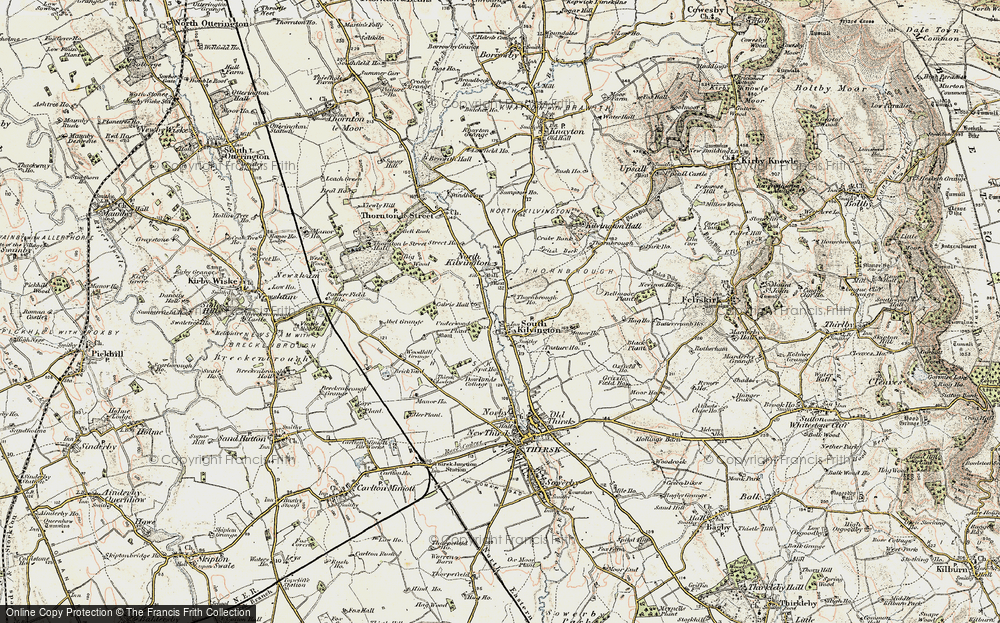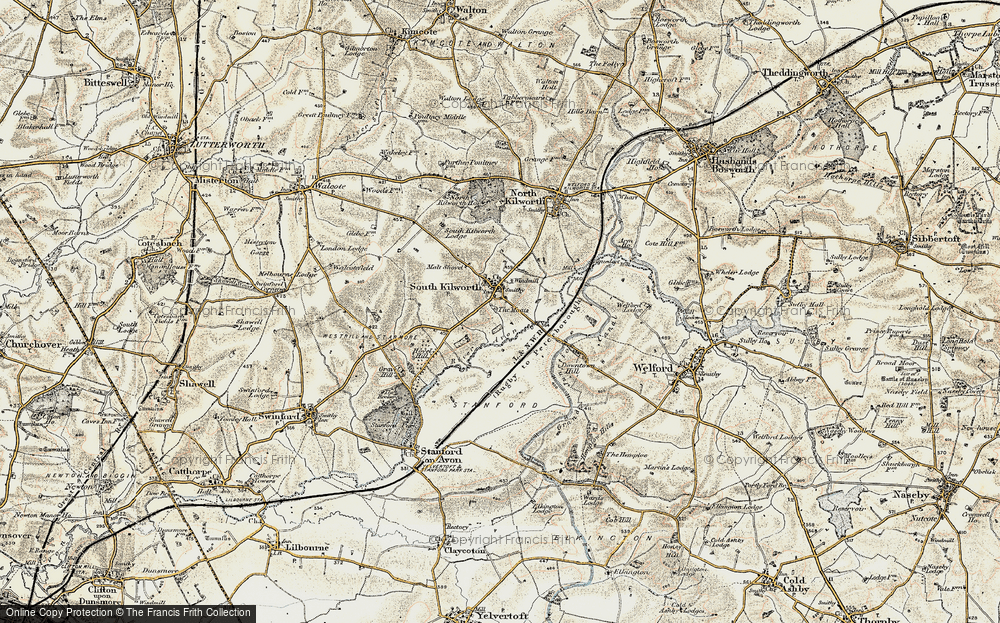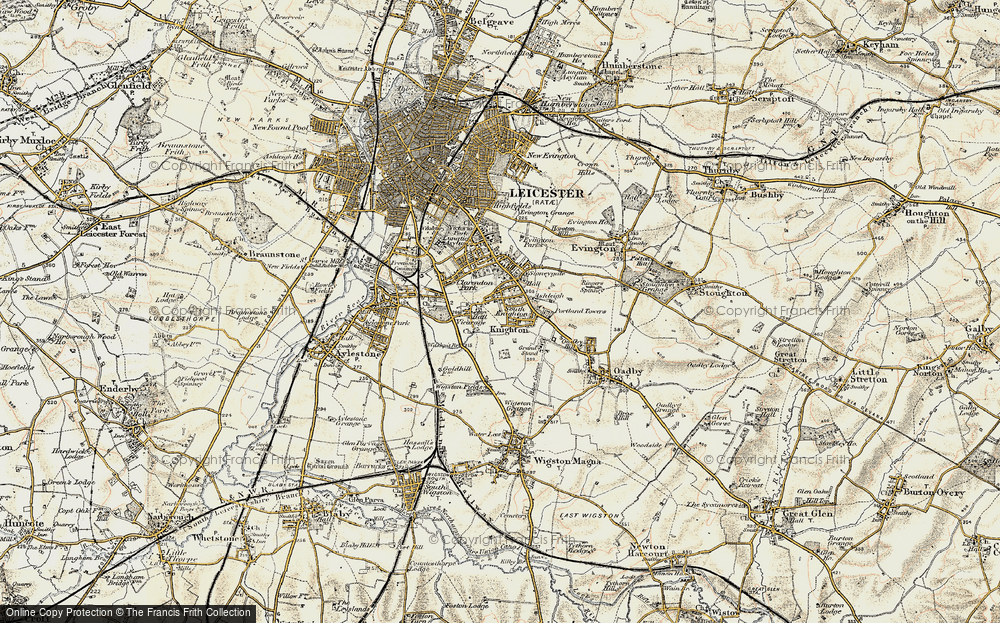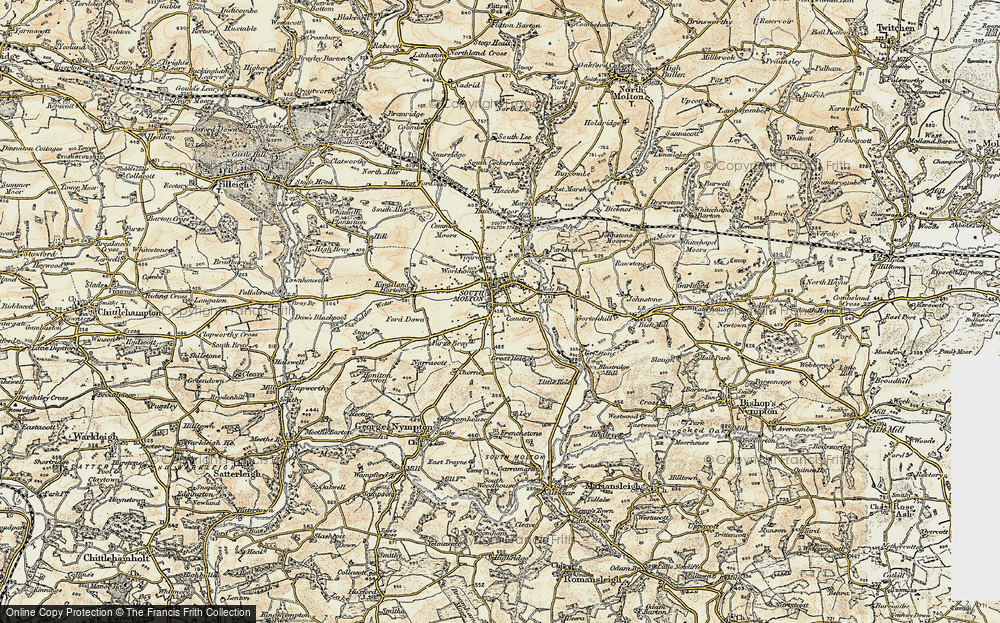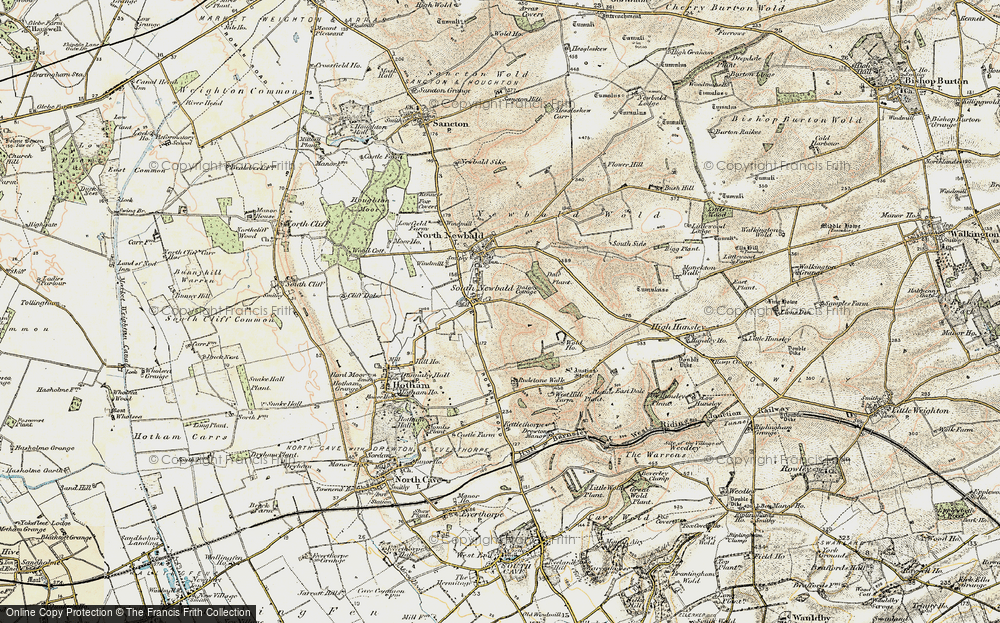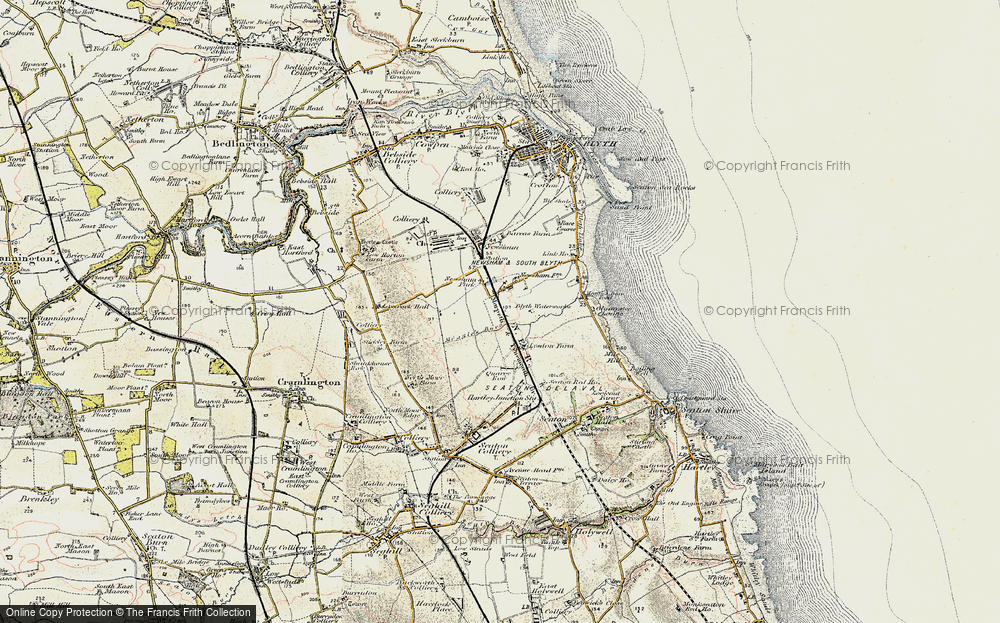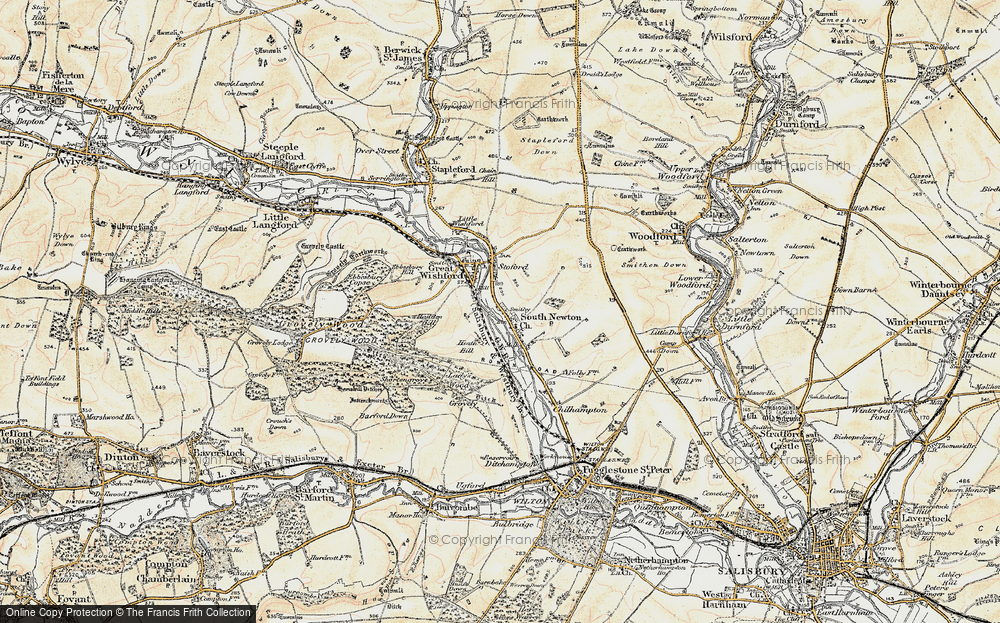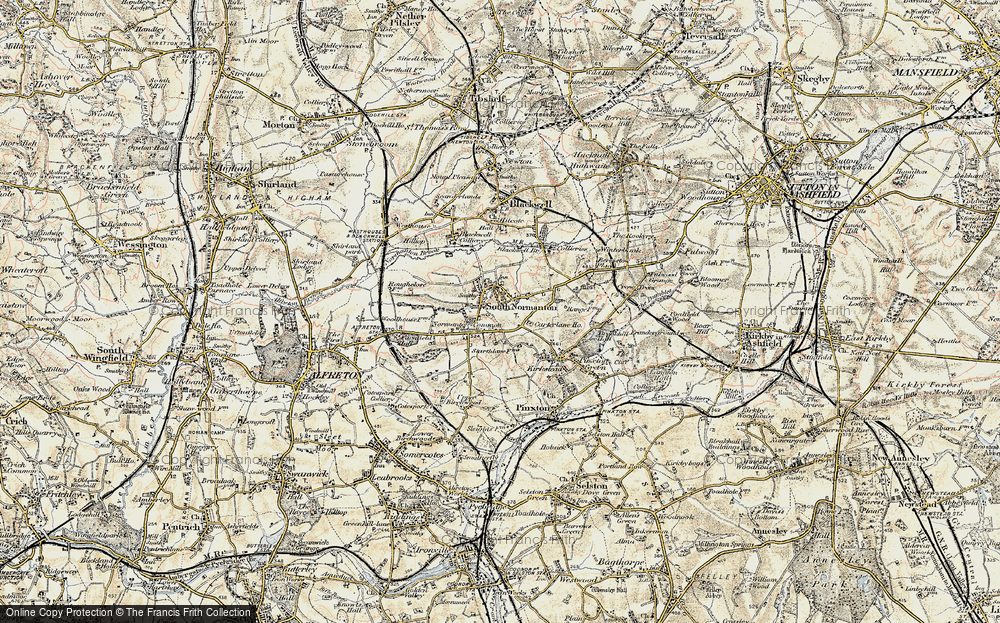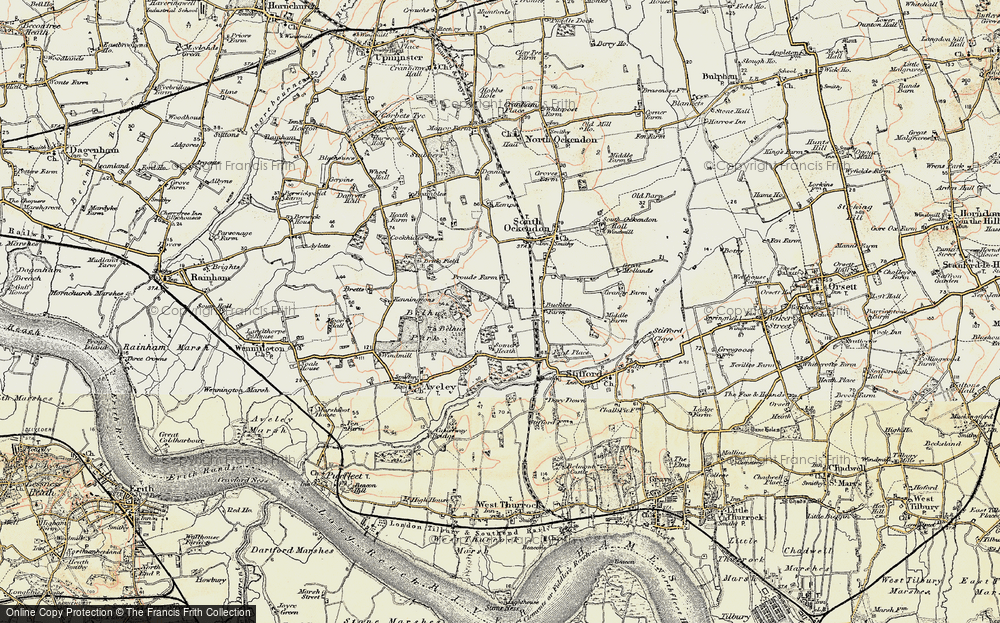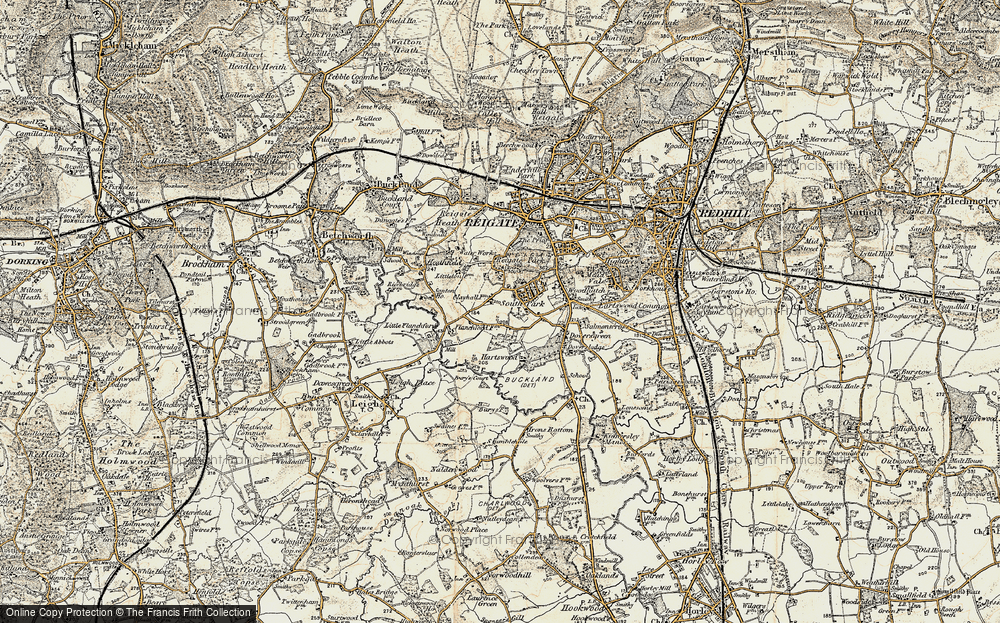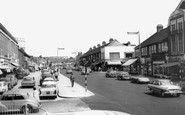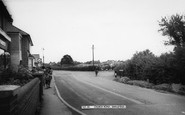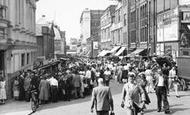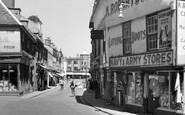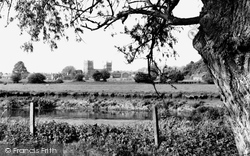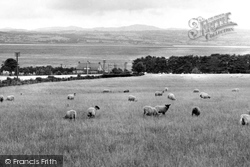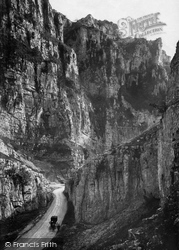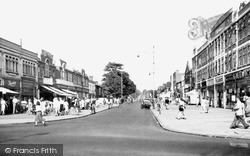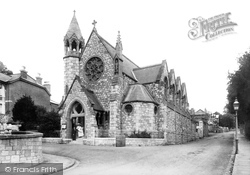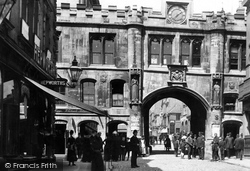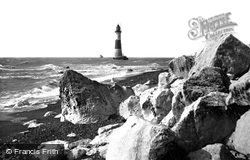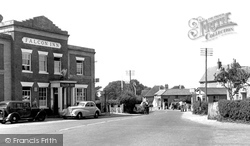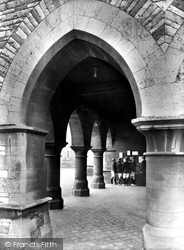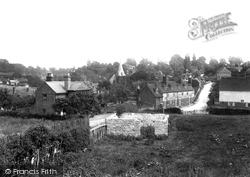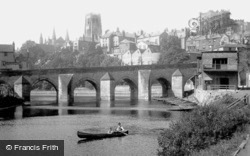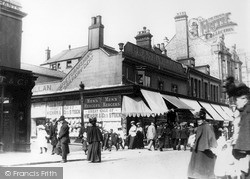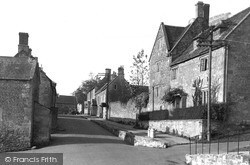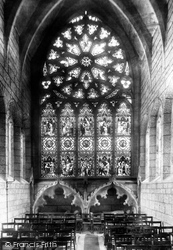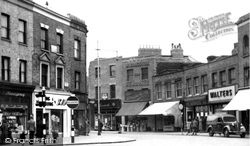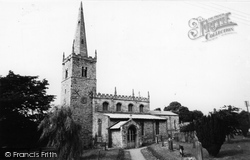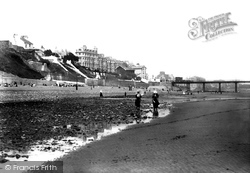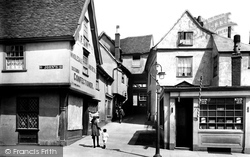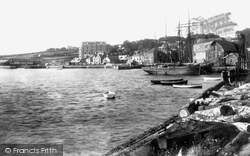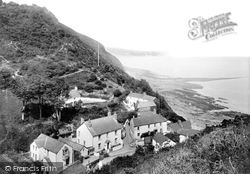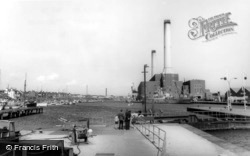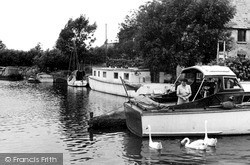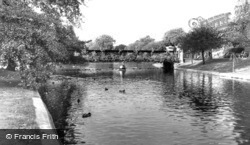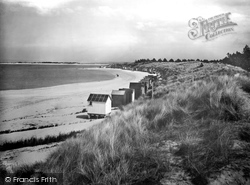Places
36 places found.
Those places high-lighted have photos. All locations may have maps, books and memories.
- Cardiff, South Glamorgan
- Barry, South Glamorgan
- Penarth, South Glamorgan
- Rhoose, South Glamorgan
- St Athan, South Glamorgan
- Cowbridge, South Glamorgan
- South Molton, Devon
- Llantwit Major, South Glamorgan
- Chipping Sodbury, Avon
- South Chingford, Greater London
- South Shields, Tyne and Wear
- Ayr, Strathclyde
- St Donat's, South Glamorgan
- Llanblethian, South Glamorgan
- Thornbury, Avon
- Llandough, South Glamorgan
- Fonmon, South Glamorgan
- St Nicholas, South Glamorgan
- Jarrow, Tyne and Wear
- Penmark, South Glamorgan
- Font-y-gary, South Glamorgan
- Maybole, Strathclyde
- Yate, Avon
- Oxford, Oxfordshire
- Torquay, Devon
- Newquay, Cornwall
- Salisbury, Wiltshire
- Bournemouth, Dorset
- St Ives, Cornwall
- Falmouth, Cornwall
- Guildford, Surrey
- Bath, Avon
- Looe, Cornwall
- Reigate, Surrey
- Minehead, Somerset
- Bude, Cornwall
Photos
5,607 photos found. Showing results 981 to 1,000.
Maps
2,499 maps found.
Books
23 books found. Showing results 1,177 to 23.
Memories
1,580 memories found. Showing results 491 to 500.
Rock And Roll Years
I lived in South Harrow from birth in 1945 in 125 Roxeth Green Avenue. I attended Roxeth Hill primary school until failing the eleven plus and then went to Lascelles Secondary Modern. Not the best of pupils although I was ...Read more
A memory of South Harrow in 1959 by
Incorrect Title
Chapel Road. The Ebenezer Chapel towards Outwood on the right is where the name was derived from. The Ebenezer Chapel was the most important building in that road. In the picture and to the right the road leads to Horley and was ...Read more
A memory of Smallfield in 1930 by
Wimbledon
I was born in - 1940 All Saints Road, opposite the church. We moved to Pitt Cresent in 1941 with my gran, in 1942 we moved into South Wimbledon to Balfour Road and use to sleep on the underground station due to the war. In 1944 we ...Read more
A memory of Wimbledon by
One Day At A Time
A precised extract from the chapters in my biography relating to wartime evacuation, and particularly to Garnant. I stared morosely out of the window and watched the landscape slip by as the steam train chugged its way through ...Read more
A memory of Garnant in 1940 by
South Ealing Road
I remember the shops, Hawkins where they had tins of biscuits along the front of the counter with see-through lids. The furniture shop, butchers and a funny dress shop. My mum helped out in a sweet shop called 'Bettys'. ...Read more
A memory of South Tottenham in 1965 by
Chelsfield, Worlds End Lane And Warren Road
The picture of Windsor Drive is so evocative for me. I spent the first 5 years of my life living with my parents in my grandmother's council house in Sandpit Road on the Downham Estate at the bottom of ...Read more
A memory of Chelsfield in 1953 by
Born At Spencerbeck Farm
I was born on the 06/08/1947, a home birth in the same bed as my great grandfather died in. His name was John Thomas Hare. My mother was Betty Hare and my father was Arther Buttle. My mother's father was David Hare who ...Read more
A memory of Ormesby in 1947 by
Kennards, Grants And Allders
I was born in 1950, and only left when I married in 1973. I remember the donkey rides in Kennard Arcade in the 50's - they had little bells on their harnesses and for sixpence you could have a ride which seemed like for ...Read more
A memory of Croydon in 1955 by
Growing Up
I was born on the 24th of July 1929 above a shop next to a pub called the Rose of Denmark, in Hotwells, Bristol, very convenient for Father to wet his whistle and my head at the same time. Father was born in 1893, Mother in 1895. They ...Read more
A memory of Bristol in 1930 by
South Street Mid 1960's
We moved to Braintree with our Dad, George Harkins, in 1966. He was an American, stationed at Wethersfield air force base, married to a young British girl, Eileen. We lived at 82 South Street for about 5 or 6 years, and ...Read more
A memory of Braintree in 1966 by
Captions
2,476 captions found. Showing results 1,177 to 1,200.
Historians believe that the Stour was a major attraction to the Romans when the future Emperor Vespasian chose Wimborne as the site for his base camp for the conquest of south-west England in AD45.
Taken just south of Neston, this photograph shows the view across the Dee estuary towards Wales. Even today, only forty years after this picture was taken, the estuary has become much more silted up.
Without doubt, Cheddar Gorge is the most spectacular natural phenomenon in South-west England.
Looking from South Street the general appearance of Victoria Road has changed little in the last 50 years.
South Devon Railway purchased the first Catholic Church of 1854 for £2000 after deciding to open the rail- way tunnels beneath it.
We have now passed through Stonebow into the southern part of the High Street, which grew up along the old Roman road south of the walled city.
At the eastern extremity of the South Downs, the Royal Sovereign Lighthouse at the foot of Beachy Head warned shipping of the hazards of the chalk cliffs, which now lie under the sea.
Fawley is home to the Esso oil refinery, which lies to the south of the parish; it started operating in 1951, and covers 3,000 acres.
Uppingham School had a sports ground to the south, known as the Middle; and another to the east known as the Upper.
The little village of Loose, pronounced 'Luse', is pleasantly situated on the little river of the same name just to the south of Maidstone.
Elvet Bridge was built by Bishop Hugh le Puiset in 1160 to give the peninsula direct road access to the south. It was repaired by Bishop Richard Fox between 1494 and 1501.
South Shields was not only a port with shipyards and ship repairers; it was also a colliery town, with a pit almost in the town centre.
Climbing out of Limpley Stoke, head west through Hinton Charterhouse with its fascinating remains of the 13th-century Carthusian priory, Hinton Priory, to the village of Wellow, four miles south of Bath
The south transept is a survival from the medieval church, which was so drastically altered during the 19th century.
Railton Road runs from Brixton and today, at its south end, it continues to be a one-way street. It is unusual that many of the shops have not changed.
In this view we look past the Horse and Jockey pub towards the south of the village; the church is beyond the high tree on the left.
Though the shore to the south of Ramsey is rocky, a stroll along it at low tide was a popular Victorian way of taking some gentle exercise.
Much has changed hereabouts, and the dual-carriage- way southern bypass, Southway, is a mere 50 yards to the south.
This was the furthest the London & South Western Railway ever got from Waterloo: 256 miles.
The landscape is far more rugged, and the climate less mild; local writer Charles Kingsley described the weather as combining 'the soft warmth of south Devon with the bracing freshness of the Welsh mountains
To the south of the harbour stood the power stations and gas works, the main users of coal, which represented over half of the port's total commodities by the end of the 1950s.
In the 17th century, Lechlade was the venue for one of the largest cheese fairs in the south-west.
A grand south entrance was provided via these ornate wrought-iron gates crowned by the royal cypher and the jubilee date, 6 May 1935.
If there were coconut trees, you could well imagine this was a picture of a South Sea island. These colourful beach huts provide a place to change into swimwear or to have a welcome brew-up of tea.
Places (15471)
Photos (5607)
Memories (1580)
Books (23)
Maps (2499)


